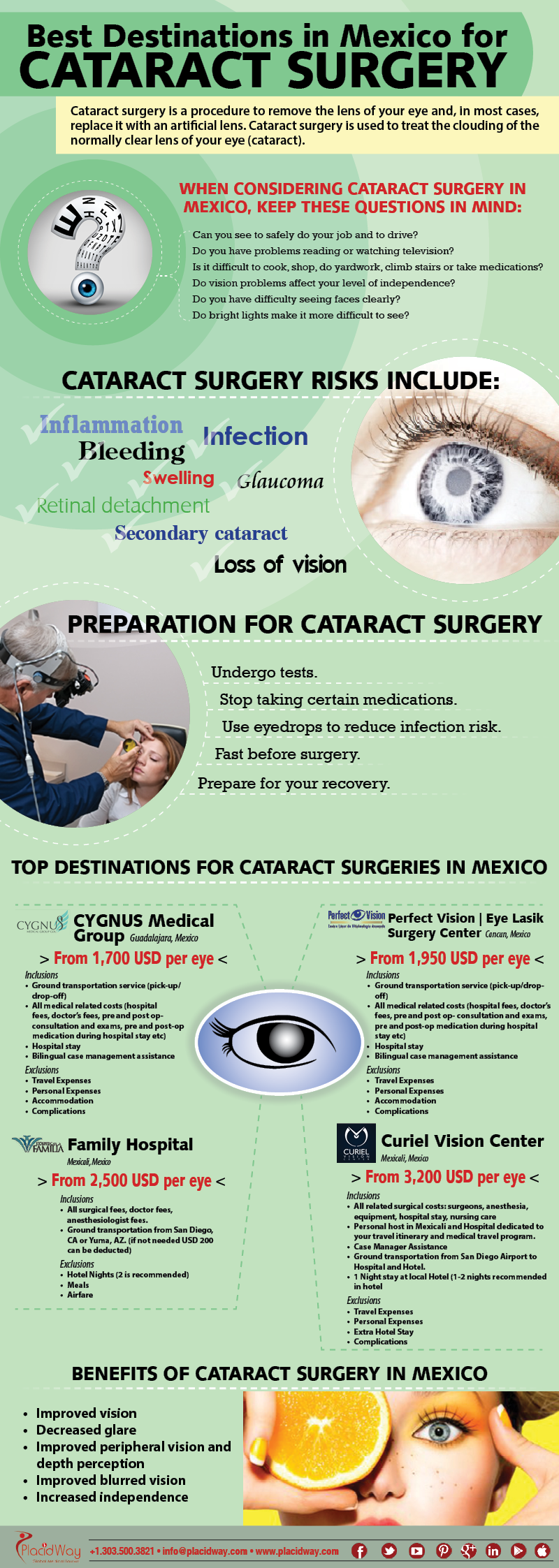Discover Important Safety Guidelines For Driving After Cataract Surgical Treatment, As Comprehending Your Recuperation Can Considerably Influence Your Ability To Hit The Road Once More

Author-Hanson Perkins
After cataract surgical treatment, you might be excited to get back when traveling, however safety and security needs to be your top priority. Vision enhancement can differ, and it's important to follow your doctor's recommendations prior to driving once again. Elements like your healing procedure and visual acuity play a huge function. So, what should you find out about the recuperation timeline and driving safely? Let's check out the guidelines that can assist you browse this change.
Recognizing the Healing Timeline
After cataract surgical treatment, you'll likely question for how long it will certainly take to fully recover and when you can safely get back behind the wheel.
Generally, you'll notice better vision within a few days, but full healing can take a number of weeks. During the initial few days, you might experience some blurriness, sensitivity to light, or moderate pain. These signs must progressively lessen.
A lot of cosmetic surgeons suggest waiting at least a week before driving, yet listen to your physician's suggestions. https://docs.google.com/document/d/1woU0Bm2DzKI4ooqNd4jOLdBzUKOBtTor8arXw8zkaQc/edit?usp=sharing 'll assess your recovery process and visual acuity to determine when you prepare.
Factors Affecting Your Ability to Drive
Your capability to drive after cataract surgical procedure relies on a number of essential elements that can substantially influence your vision and self-confidence on the road.
First, your healing procedure plays a crucial function; some individuals recuperate faster than others.
Next, the kind of intraocular lens (IOL) used can impact your aesthetic clearness, particularly in the evening.
Additionally, any pre-existing eye conditions, like glaucoma or macular degeneration, can influence your post-surgery vision.
Your general health and any medications you're taking may additionally influence your awareness and reaction time.
It's necessary to evaluate your convenience degree and vision top quality prior to supporting the wheel.
Consulting your optometrist is crucial to determine when it's risk-free for you to drive once more.
Tips for Driving Safely After Surgical Treatment
Although many individuals really feel excited to come back when traveling, it's critical to focus on security after cataract surgical procedure.
Initially, await your doctor's clearance before driving again; they recognize when you prepare. When you do begin driving, select acquainted paths during daylight hours to decrease challenges.
Keep your sunglasses convenient to secure your eyes from glare. Adjust your mirrors for optimum visibility and prevent interruptions like your phone or loud songs.
If you see any type of sudden changes in your vision, do not think twice to pull over securely. Likewise, take into consideration practicing in a parking lot to restore confidence before hitting more busy roadways.
Final thought
In conclusion, driving after cataract surgical treatment calls for mindful factor to consider and patience. Always prioritize Will Medicare Part B Pay For Cataract Surgery and security and await your medical professional's clearance before hitting the trail. As your vision improves, stay with familiar courses and method during daytime hours. Bear in mind to use sunglasses to minimize glow and remain alert for any type of changes in your vision. By adhering to these standards, you can construct your confidence and ensure a risk-free driving experience as you recover.

